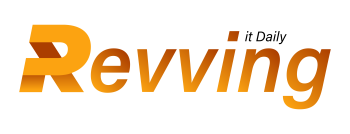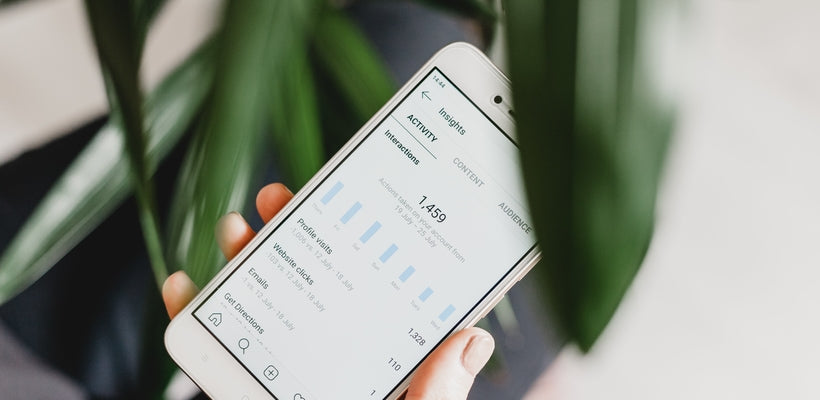

Health care is one of the most important aspects of human life that requires significant attention and resources to ensure it is of top quality. medical monitor salary are one of the latest advancements in health care technology that have revolutionized the delivery of medical services. Their ability to monitor patients’ vital signs continuously with minimal human intervention has significantly improved medical care. Medical monitors have been critical in the management of acute illnesses such as sepsis, which requires a keen observation of vital signs to prevent deterioration. In this blog, we will explore the role of medical monitors in advancing health care quality and how health practitioners can leverage this technology.
Improving Patient Outcomes
One of the significant benefits of medical monitors is that they help to improve patient outcomes. Medical monitors significantly reduce human error, which can lead to severe complications. With continuous monitoring, health practitioners can detect illnesses early on, allowing for fast interventions. The monitors can also improve patient safety by identifying potential harm areas such as drug interactions or allergic reactions. Medical monitors have also proved to be an indispensable tool in hospital settings, especially during emergency procedures.
Streamlining Health Care Services
Medical monitors have a way of streamlining health care services. The technology allows health practitioners to get instant access to patient information, whether from the bedside or remotely via a computer or tablet. The real-time monitoring eliminates repetitive and manual documentation, allowing care providers to focus on quality and timely interventions. It also facilitates more comprehensive communication with family members and other health care providers by providing a centralized patient data platform.
Reducing Costs
Medical monitors can significantly reduce the cost of healthcare. One of the most significant economic advantages of leveraging this technology is that it reduces the length of hospital stay. monitoring systems can detect early warning signs that signal the patient’s recurrence, reducing in-patient costs. Additionally, as remote access to patient information is possible, healthcare providers can reach out and offer virtual care, reducing the time and financial constraints of patients visiting health facilities physically.
Patient-Centered Care
Medical monitors provide an opportunity to provide patient-centered care. By capturing patient data over time, health care providers can construct a profile for each patient that provides valuable information regarding personalized interventions. The monitors offer a unique understanding of patient health histories and are invaluable in developing customized care plans. The profiling approach ensures that patients receive the right care, at the right time, and in the best possible way, improving their likelihood of good health outcomes.
Improved Staff Satisfaction
Effective health care systems require satisfied, safe, and committed employees. Medical monitors not only help workers to deliver high-quality care but can also improve employee satisfaction. The ability to use monitoring data to plan personalized interventions creates a sense of autonomy for healthcare providers, reducing their overall workload. With medical monitors, patient data input and documentation are simple, fast, and effective, enhancing the pride and motivation of healthcare providers.
Medical monitors have become fundamental tools for enhancing health care quality and promoting healthier outcomes. Although medical monitors cannot replace human interaction in health care, they can complement the skillset of health care providers, improve the efficiency of the health care system, and enhance patient outcomes. As the healthcare industry continues to adopt and integrate technologies, medical monitors will play a fundamental role in improving healthcare quality for years to come.



